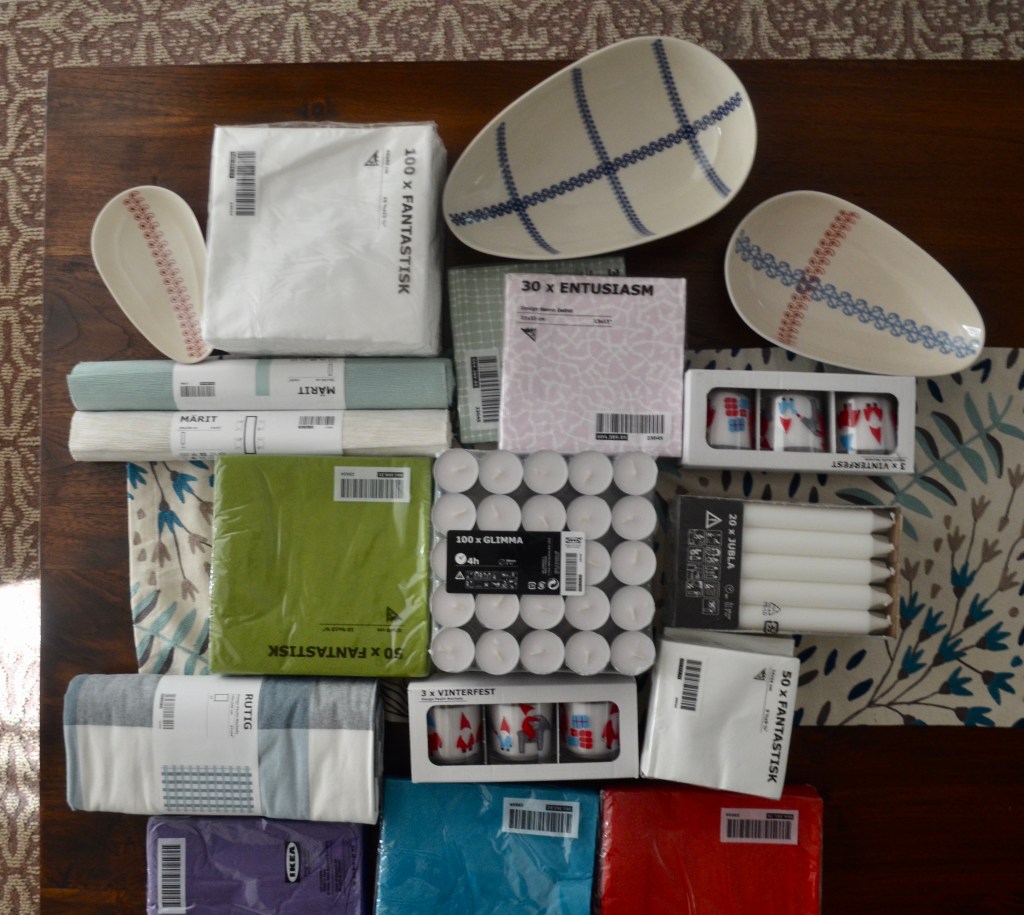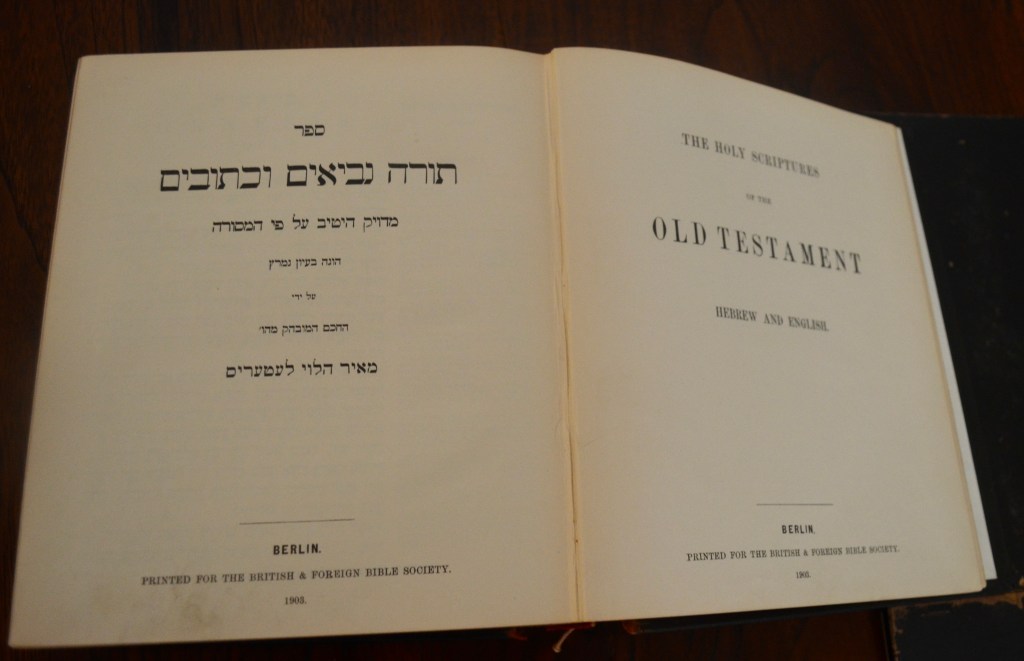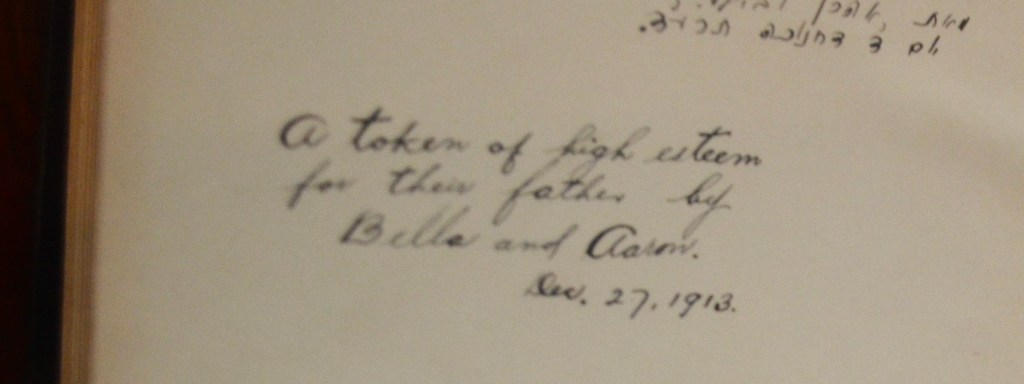I’m chugging through a long list of work and personal chores today. All good stuff, but super busy. So, let me just throw up some links to things that have caught my eye lately.
I bopped into IKEA to pick up some pre-holiday entertaining supplies. We spent some time checking out their new SONOS speakers. Ian might get one for Christmas.
We no longer watch television one show per week. We watch them in massive chunks at one time, thanks to the magic of streaming video. In the past couple of months, we’ve watched several seasons of Working Moms and Derry Girls. We finished the Deuce. Now, we’re somewhere in the third season of Schitt’s Creek. All four shows are way better than any crappy sitcom from the past.
If you’re a fan of UK TV, Derry Girls are going to do an episode of the Great British Bake Off.
I’ve got a conference in Chicago next week. Here’s one outfit — blouse, jacket, shoes, pants.
I got this book, as part of a lot that I won in an auction for $1. I almost put it in the garbage, because it’s in rough shape, but then I checked out the title page. It’s a Hebrew bible that was printed in Berlin in 1908. I would love to find out how it ended up in a doctor’s condo in Hackensack, NJ.






Regarding old family bibles: it can be nice to try to reunite them with family members. I would love something like that happening for me. There was a period in the 1950s or so, i think, where everyone just went all Kylo Ren: “let the past die; kill it if you have to.”
What did you think of The Deuce finale? I cried for the last 5 minutes.
LikeLike
I have our family Bible now, the one from Grandma’s side. My cousin has Grandpa’s side.
LikeLike
I was lukewarm on the finale with the old Vince walking the streets looking at the ghosts from his past. I read one review where the author absolutely hated it. I’m just sad the show is over.
LikeLike
I’m glad the show is over because Franco is super problematic. But I will miss Old New York. I totally bawl my eyes out when “ghosts” appear in movies/tv shows. I can never watch Les Miz again.
LikeLike
I know 42nd street from the early 80s to the mid 90s VERY well. The best way to get to NJ from NYC is the bus terminal on 42nd Street. I was there once a week back in high school and in college. Afterwards, I went to grad school on 42nd street, across the street from Bryant Park. I would walk down the street to get the A train and pass all the hookers and porn shops. And then they suddenly went away with a weird transition period when the porn shops were hidden behind luggage stores and then they were totally wiped out.
Franco is super problematic, but… whew… he was great in this show.
LikeLike
Can you post a close-up of the Hebrew/Yiddish inscription on Twitter? I’ll bet we can get it translated.
LikeLike
Don’t there tend to be guidelines on respectful disposal of Hebrew Bibles?
LikeLike
I’m not sure what you mean by a “Hebrew Bible.” I wouldn’t think this book would be called the “Old Testament” if it were intended for a Jewish audience, though of course my knowledge of Jewish life in Berlin in 1908 is limited. It seems more like the sort of thing a Christian scholar would want. (I have a Greek New Testament that I read, but I am not enough of a scholar to be able to use a Hebrew Old Testament.)
LikeLike
y81,
“I’m not sure what you mean by a “Hebrew Bible.” I wouldn’t think this book would be called the “Old Testament” if it were intended for a Jewish audience, though of course my knowledge of Jewish life in Berlin in 1908 is limited. It seems more like the sort of thing a Christian scholar would want.”
Yes.
All the same, if it’s not in salable condition, I think Laura should pick up the phone to her nearest Orthodox synagogue or Chabad house and suggest they pick it up.
https://www.chabad.org/library/article_cdo/aid/475304/jewish/Proper-Disposal-of-Holy-Objects.htm
(Skip down to the section “Holy Objects.”)
True story: when husband and I moved from suburban Maryland to DC, we wound up with Israeli movers. My husband tells me that when they were packing up our books, our movers labeled the boxes containing Hebrew scripture to ensure especially respectful handling. Our movers were not visibly Orthodox, but the lead guy was selling my husband on Kabbalah.
LikeLike
The bottom says “Printed for the British and Foreign Bible Society.” That doesn’t sound very Jewish.
LikeLike
Here’s a history of the British and Foreign Bible Society from 1910:
https://archive.org/details/ahistoryofthebri00cantuoft/page/n8
Here’s the org’s web page: https://www.biblesociety.org.uk/about-us/our-history/
Wikipedia says: “The British and Foreign Bible Society, often known in England and Wales as simply the Bible Society, is a non-denominational Christian Bible society with charity status whose purpose is to make the Bible available throughout the world.[1]
It was founded in 1804 and did a lot of translating of the Bible, including into indigenous languages (e.g., Mohawk for Canadians).
“During World War One Bible Society distributed more than nine million copies of Scripture, in over 80 languages, to combatants and prisoners of war on all sides of the war. Bible Society managed this despite immense challenges – supply shortages, rising paper costs, paper rationing, submarine blockades and the sinking of merchant shipping.[5]
Even greater than these physical difficulties was the emotional toll – former colleagues suddenly found themselves fighting on opposing sides. Bible salesmen throughout Europe were conscripted or volunteered into their respective armies. The Bible Society responded to the challenge. They printed New Testaments bound in khaki, stamped with a cross, for distribution via the Red Cross among sick and wounded soldiers, sailors and prisoners of war. ”
https://en.wikipedia.org/wiki/British_and_Foreign_Bible_Society
I’m not sure why they would have disseminated the OT in Hebrew, though. An interesting book!
LikeLike
Can’t do Kabbalah with the English translation.
LikeLike
Presumably, the Bible Society disseminated the Old Testament in Hebrew for preachers and scholars who wanted to read the text in its original language. It’s pretty common for preachers, at least Presbyterian ones, to refer to the original text in order to explicate its precise significance. My Greek New Testament was printed by the American Bible Society.
LikeLike
This makes sense. I was hoping for something more complicated, like the good folks at the Bible Society were trying to get the Hebrew scriptures into the hands of Jews who couldn’t get them otherwise. But this would be early for that. It makes much more sense that they would be for ministers.
LikeLike
Totally fascinating. Thanks, people!
LikeLike
The Yiddish says From the pen of Aaron (and I’m assuming what I can’t see is probably Bella), and then the 4th day of Hanuka, and the Hebrew year for 1913 (תרע״ד).
LikeLike
Kris said,
“The Yiddish says From the pen of Aaron (and I’m assuming what I can’t see is probably Bella), and then the 4th day of Hanuka, and the Hebrew year for 1913 (תרע״ד).”
Very nice.
So we’re back to the working assumption that this belonged to a Jewish family.
LikeLike
O wow, that changes my analysis. Maybe no other Hebrew version was available in print in Berlin in 1908? As I said, my knowledge of that time and place is limited, but presumably then as now most Jews do not actually read the Bible in Hebrew. So Jews of a scholarly bent may have had to make do with a Christian edition.
LikeLike
I don’t know – maybe it’s the education level of my friends, but most Jews I knew went to Hebrew school as kids and learned Hebrew so they could read and discuss their torah portion for their bar and bat mitzvahs. In early 20th century Germany, probably no bat mitzvahs yet – in the US this started in the 1920s – but I assume boys would have learned Hebrew for their bat mitzvah. They might not continue to read the Bible in Hebrew but at least they would be able to.
LikeLike
af184793 wrote, “I don’t know – maybe it’s the education level of my friends, but most Jews I knew went to Hebrew school as kids and learned Hebrew so they could read and discuss their torah portion for their bar and bat mitzvahs. In early 20th century Germany, probably no bat mitzvahs yet – in the US this started in the 1920s – but I assume boys would have learned Hebrew for their bat mitzvah. They might not continue to read the Bible in Hebrew but at least they would be able to.”
You know what else is odd–Germany was a hotbed of secular Bible scholarship throughout the 19th century and beyond.
There should have been LOTS of German-published Hebrew Bibles available.
https://www.newworldencyclopedia.org/entry/Higher_criticism
LikeLike
Wow! Love this group sourcing of information. Aaron is a Jewish name, and adding Hanukah & a Hebrew inscription mightsuggest that this book does have a Jewish connection.
Haven’t read all of this page, but it sounds potentially relevant:
“How to treat holy Jewish Books”
https://www.myjewishlearning.com/article/how-to-treat-holy-jewish-books/
I find interesting the following paragraphs on books in general:
“Parallel to the treatment of holy texts as royalty are other rules dealing with how one treats books. De Vidas said that showing honor to one’s library includes placing books in a prominent place in one’s home, protecting them with heavy pieces of cloth, and using traps to protect the books from destruction by rodents or cats.”
Rules around the treatment of books (and print) is also a cultural practice for my family of origin, though I do not know how general it is. In particular, I still have an aversion to my feet touching anything printed. Most people wouldn’t step on a book, but, say, for example, when people us old newspapers as a ground cloth, I find myself stepping around it.
LikeLike
Well, thank you to the hive mind of Apt. 11D. I’ll have to find a new puzzle for you all next week.
There are people who collect Judaica and religious objects, but I usually steer clear of that stuff at the estate sales. I go for pretty little things for the Etsy-type buyer. I’ll probably sell the Bible for $20-$40 and see what happens.
LikeLike
Put “Kabbalah” on the listing copy and try for $100.
LikeLike
Laura said, “Well, thank you to the hive mind of Apt. 11D. I’ll have to find a new puzzle for you all next week.”
Looking forward to it!
LikeLike
I own or used to own a bunch of 1940s/1950s Russian books that I bought at a used bookstore in Pittsburgh but used to belong to an American Naval attache (or some such) who had presumably been stationed in Russia.
LikeLike
The bookstore on South Craig just north of Forbes? Because it’s still there, but there have been issues.
LikeLike
https://www.post-gazette.com/news/crime-courts/2018/08/02/Caliban-Book-Shop-Carnegie-Library-Pittsburgh-theft-rare-books-john-schulman/stories/201808020158
Oh dear!
LikeLike